t is a crispy morning in Lorentzville, Johannesburg, the location is the multi-purpose arts centre Victory Yards. It’s 7am and we are setting up for Nozuko Ntshangase’s shoot, in walks Nozuko an hour before call-time, very impressive for an actor who practically lives on the set of DiepCity, with her she carries an aura of warmth, discipline and openness, something quite uncommon but beautiful to witness.
The order of the day was clearly set, from makeup, costume and location spot changes, in between stealing moments to get to know Nozuko and unpack The story of Nozuko Ntshangase.
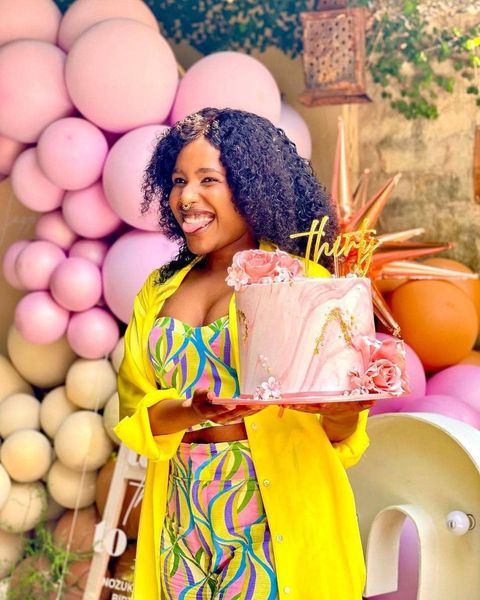
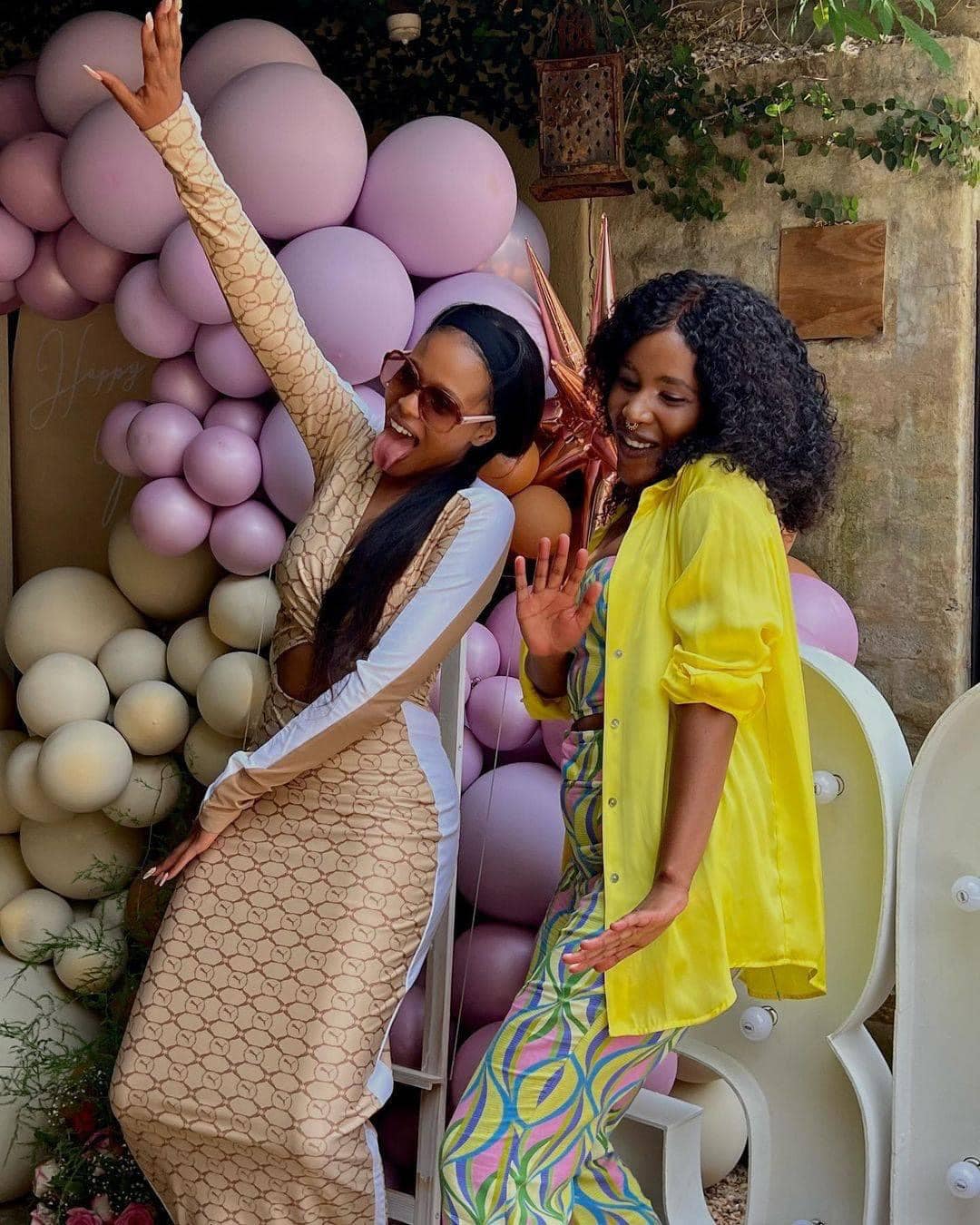
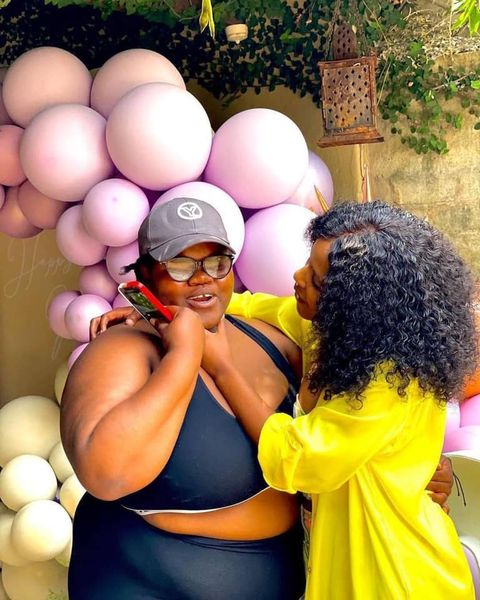
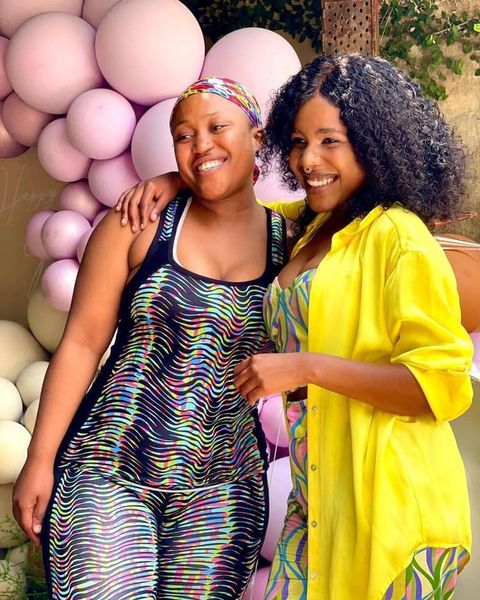
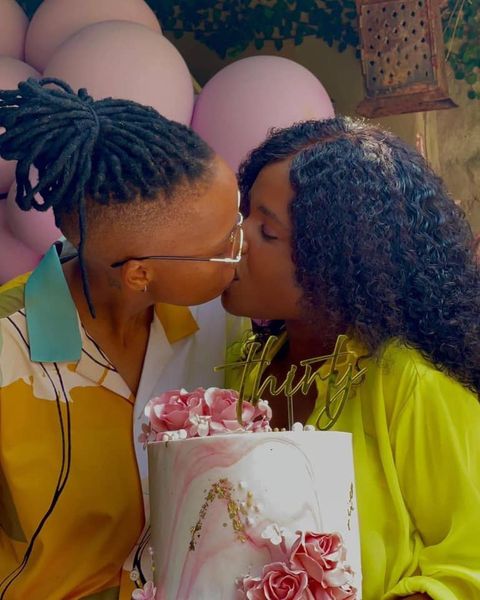
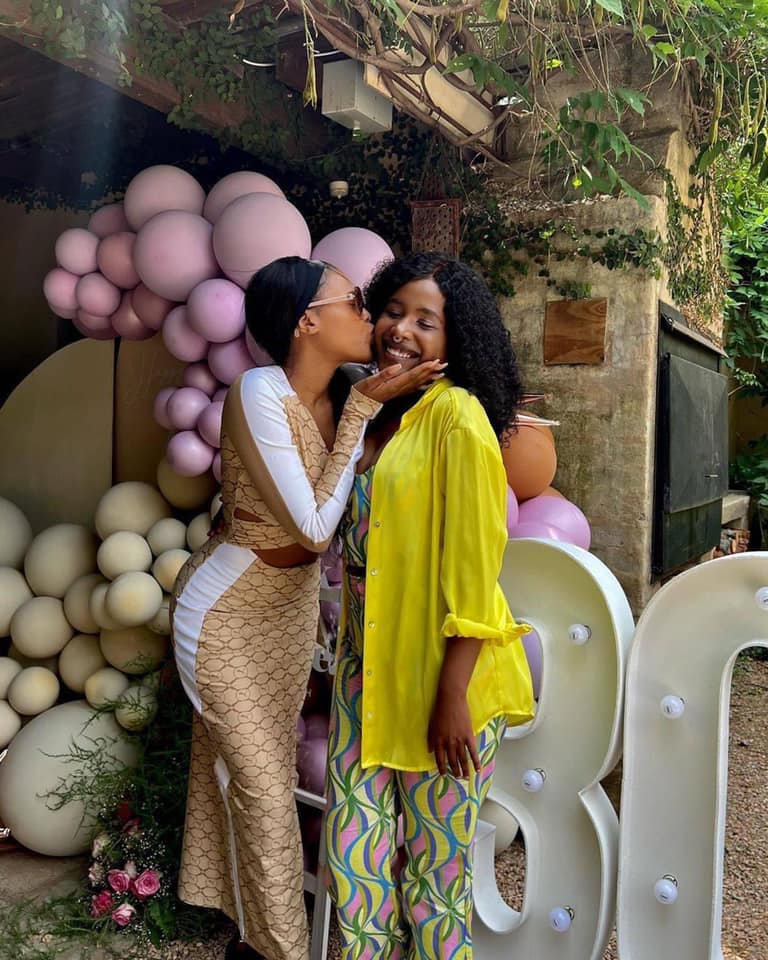
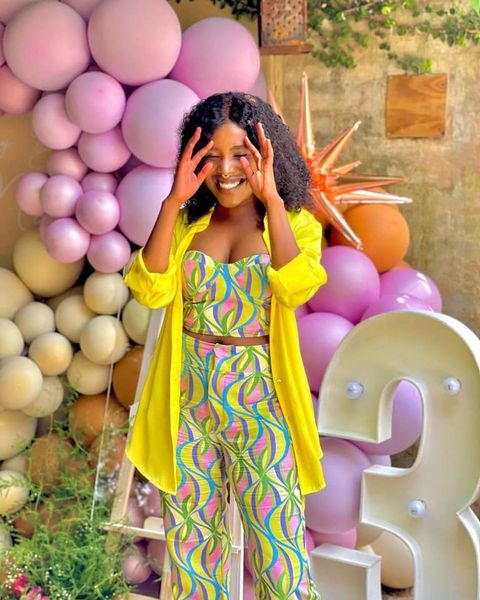
“Ntshangase, Msuthu, Nomathebe, Ndala WeLanga, Kwetshe, Makhala Endlovu, Ntamonde, Mbokodo Embomvu, NgeneTyeni, PhumaTyeni, Biyela, Umalandelwa Yinkazinyana ithi ndizeke noba awunankomo”, you should see the pride on Nozuko as she recites her true clan names. A true spiritual child, understanding the importance of calling on her ancestors and giving them their space in everything that she does, to solidify this she has taken on the process of reclaiming her real surname “Ntshangase” from “Ncayiyane”. This tale tracks back from when her grandmother had to leave Bizana, Eastern Cape, to seek greener pastures in Port Shepstone, Kwa-Zulu Natal (KZN), “She went to KZN looking for a job. When she got to KZN, she had to take my mom because my mom was the last born.” She had to change her surname from Ntshangase to Ncayiyane in order to appear Zulu because it was illegal for Black South Africans, during apartheid, to migrate outside of their tribal homelands, “That is how my family relocated to KZN, south coast, where she found a home in a place called Emagogogweni, Gamalake.”
Born to a teenage mom at the age of 17, on the 12th of October 1992 in Port Shepstone, KwaZulu Natal, Nozuko is the first of 2 children, “I was raised by a young mom. My mom had my little sister when she was 24. She was a single mom. She was going through her own things during that time. Can you imagine being a single mom, having to raise your kids, having to pay for school and having to go find a job? She speaks of her mum with such grace and understanding of all she sacrificed for them.
Nozuko describes her hometown of Emagogogweni, as somewhat like Alex (Gomora), “It’s like the young version of Alex, but not as fast paced, it’s a township dominated by poverty and it was a difficult place to be and grow up in because of that poverty. Like many townships, growing up you experience abuse, alcohol and crime”, this is a backdrop that most of us are familiar with but we rise above.